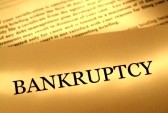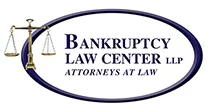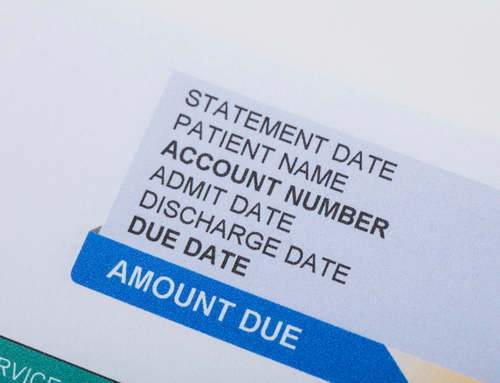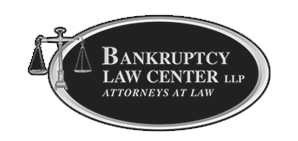 If you are having problems paying your debts and considering filing for bankruptcy, it is important to understand what bankruptcy actually entails. There are crucial differences between a Chapter 7 and Chapter 13 bankruptcy that must be considered before deciding which type of bankruptcy to file. Here at the Bankruptcy Law Center, we can assist you with learning about the differences between the two types of consumer bankruptcy and assist you with understanding how it impacts you in both the short and long term.
If you are having problems paying your debts and considering filing for bankruptcy, it is important to understand what bankruptcy actually entails. There are crucial differences between a Chapter 7 and Chapter 13 bankruptcy that must be considered before deciding which type of bankruptcy to file. Here at the Bankruptcy Law Center, we can assist you with learning about the differences between the two types of consumer bankruptcy and assist you with understanding how it impacts you in both the short and long term.
Chapter 7 bankruptcy discharges your unsecured debts and allows you to continue to keep your secured debts like your house and your car. It generally takes about three months for you to receive your discharge order after you first file. You must meet certain income guidelines to qualify to file for Chapter 7. Certain types of debt including child support, federal student loans and taxes owed to the IRS are not discharged in bankruptcy. Unsecured debts such as credit card debts, medical bills, repossessions, evictions, and judgments are dischargeable in a Chapter 7 bankruptcy.
Chapter 13 bankruptcy, also known as reorganization, is designed to help you with repaying creditors. This chapter is ideal for those who are behind on their car or house payments. Chapter 13 bankruptcy allows you to pay back your mortgage arrears over time, avoid foreclosure, and keep your house. It also allows you to pay your vehicle through your Chapter 13 plan and avoid repossession. You will be placed on a payment plan that is tailored to your income, expenses and type of debt. You can also address tax and child support debt in a Chapter 13 bankruptcy.
Once you begin the process of filing for bankruptcy an “automatic stay” is issued by the court. This order bans your creditors from trying to collect from you once your bankruptcy is filed. This means they can no longer send statements, sue you, or call you.
Seek the services of Attorney James Stanek or Attorney Kristie Radloff if you or someone you know is considering filing for bankruptcy or has any questions or concerns about the process.
Photo by new3dom3000 from Flickr using Creative Commons license.





